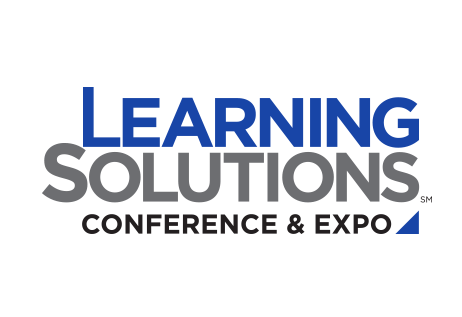LS310 Brain Science and Learning: Seven Tips That Will Dramatically Improve Your Training
2:30 PM - 3:30 PM Wednesday, March 16
Instructional Design
International Center
As trainers, we work hard to create great training. As a result, we are disappointed when our employees fail to learn or don’t transfer learning back to their workplace. We may be tempted to blame our students, but the truth is that we often fail because we don’t understand the mind of the learner. As a result, we build training modules that are not consistent with the brain’s natural means of acquisition. Teaching should be more effective, and it can be more effective once we understand how the learner’s mind operates.
In this session, you will learn seven essential principles that will help you understand how the brain controls learning and memory. Through the presented demonstrations, you will gain an exciting new understanding of the mind, which you can immediately apply to create eLearning that will effectively engage the brain and maximize learning and recall. Come prepared to have fun ... and learn.
In this session, you will learn:
- To design training and change management solutions that are compatible with the brain’s natural way of learning
- To create social learning communities that are based on psychological principles of observational learning
- To use authoring tools more effectively by understanding how the brain encodes metaphor and emotion
- To develop incentive systems that reinforce desired behaviors and that are based on established principles of conditioning
Audience:
Designers, developers, senior
developers, and managers.
Technology
discussed in this session:
N/A

Art Kohn
Professor
ASPIRE Consulting Group
Dr. Art Kohn earned his PhD in cognitive science at Duke University and is a consultant with Google, helping the organization develop new programs which train more than 1.2 billion people. Dr. Kohn's professional research explores how to present information in order to maximize learning and memory. He was awarded the National Professor of the Year award from the American Psychological Association and he won a Fulbright Fellowship in cognitive psychology and a second Fulbright Fellowship in distance education. He consults with organizations around the world, helping them modernize and optimize their training programs.



























